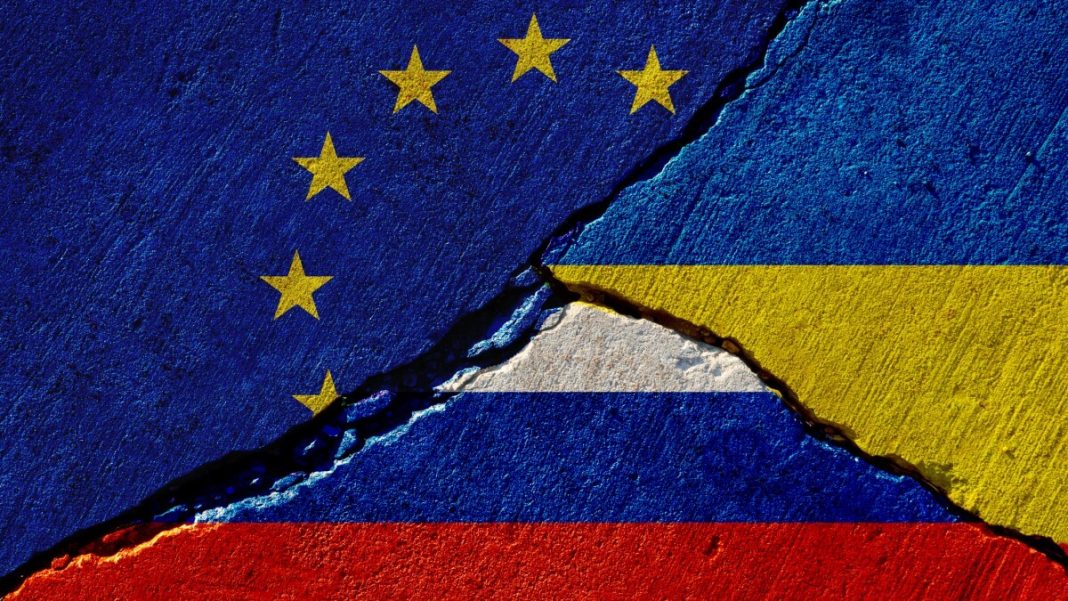The Ministers of Foreign Affairs of the European Union Member States have agreed on August 31 in Prague to suspend the visa facilitation agreement with the Russian Federation as another sanction against this country due to the invasion of Ukraine.
The decision has been taken after several EU Member Countries, in particular, those bordering Russia, have called on the EU to impose a complete ban on Russian tourists entering the Schengen Area, the number of whom has spiked up since Russia removed all Coronavirus restrictions and opened borders.
Since several of the EU countries have opposed a total ban on Russian tourists, including here France and Germany, the MFAs have come to agree that while an EU-wide ban might not be adequate, there’s a need to at least limit the number of Russian tourists traveling throughout Europe as long as the invasion of Ukraine goes on.
Amongst others, the suspension of the 2007 visa facilitation agreement will see the following happen:
- It will take more time to make a visa appointment
- Visa fees will increase from €35 to €80
- More documents will be required
- The processing of the applications will take more time
- Fewer visas will be granted
Read more: Schengen visa application fees
“This will significantly reduce the number of new visas issued by the EU member states. It’s going to be more difficult, it’s going to take longer,” said the Representative of the Union for Foreign Affairs and Security Policy Josep Borrell Fontelles, following the meeting.
However, the EU countries bordering Russia are moving individually towards stricter entry restrictions for Russian tourists. For example, Finland has limited the number of visa applications admitted weekly from 1000 to 100 per week.
The Estonian Foreign Minister Urmas Reinsalu, who welcomed the deal to suspend the visa facilitation agreement with Russia, believes that the measure is not enough and the issuance of tourist visas for Russians must be terminated.
According to a statement of the Estonian government following the meeting in Prague, until there’s an EU-wide deal on how to limit visas issued to Russians, Estonia will try to establish a visa ban on Russian tourists together with the other EU countries sharing borders with Russia and Belarus.
“Until we have reached a consensus at the EU level on how to limit the entry of Russian citizens into the European Union, Estonia and other countries that share a border with Russia and Belarus are considering establishing a visa ban at the national level or limiting the border crossings of Russian citizens with EU visas,” the Minister said.
Data revealed by the Estonian Police and Border Guard Board, in the past months since the beginning of the war in Ukraine, the number of Russians entering the territory of Estonia has been increasing moderately but steadily.
Whereas currently, an average of 2,500 Russian citizens a day are entering Estonia, nearly half of whom hold Estonian residence permits.
>> EU Entry Ban on Russian Tourists: Which Countries Support It & Which Reject It
